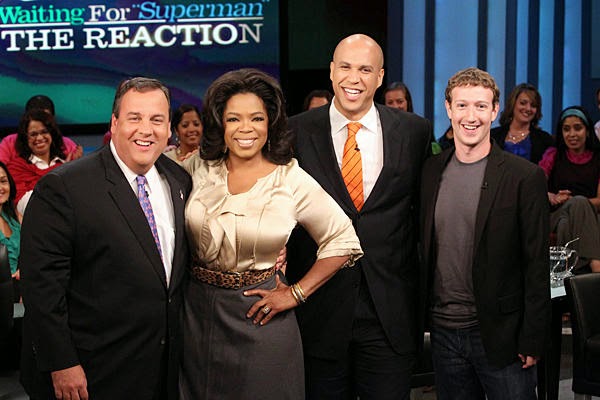 A few minutes ago I was on the first floor of the building where I work talking to a young man in charge of Valencia's Veteran's Day ceremony.
A few minutes ago I was on the first floor of the building where I work talking to a young man in charge of Valencia's Veteran's Day ceremony.
Valencia had a large display of photos of men and women from this college who had served in foreign wars since September 11th. Valencia also had music playing.
I was about to give an exam in a room very close to where the speakers where located and was concerned that my students would be distracted while trying to take their exam.
As I was politely and respectfully asking the coordinator if the music could be turned down a little a young man standing next to him bluntly and tersely said, "This music is for dead soldiers."
He proceeded to tell me that his grandfather and father had preceded him in service to our country and informed me that he had lost half his foot in battle. I did not know if he was being truthful or not but he persisted in his contempt for my mere request that music be turned down. At one point he said, "While you were in college, I was serving my country." This was an interesting claim for two reasons. First, he did not know anything about my past. Second, given his age it is more likely that while I was in college, he was not even born.
Yet, his willingness to give me his biography of service in the military - and his claim that I was disrespectful to our veterans - reminds me of something that I have been bothered by for a long time.
I seem to recall reading, on many occasions, that when veterans of World War II came home they simply got back to work, kept largely quiet and tried to re-establish their lives as civilians.
I do not believe there where any hats sold that read, "World War II Veteran" or constant reminders - by the veterans - that they had served.
My grandfather - several generations removed - served in the New Jersey militia during the Revolutionary War. His grandson served in the army in New Orleans in 1803. My father served in missile silos during the height of the Cold War. My wife's uncle dropped into Normandy on D-Day. I never served in the military but have spent 25 years teaching the principles our military stands for.
Should I have a hat or shirt or jacket or bumper sticker made to mention any of this?
No disrespect intended, but when did our country lose its sense of doing ones duty without constantly reminding everyone that your duty had been done?
There have been untold numbers of Americans who have contributed with swords, guns and words (see Ronald Reagan, Thomas Jefferson & Thomas Paine to name a few) without succumbing to the temptation to constantly remind people what they had done.
This should be particularly useful to veterans of more modern wars. None were drafted, all knew what was going on in the Middle East and no one has treated them like we treated Vietnam veterans upon their return.
If there is anything today's veterans should be pointing out to the rest of us it is this:
Our nation no longer stands for the principles of liberty that the Revolutionary War and World War II veterans fought for. We have become a nation of characterless, welfare-seeking, selfie-taking people who do not know anything - and care even less - about what our veterans were fighting for.
That reality is worth a bumper sticker.











